Why do Campers use Lithium Batteries? Lithium Ion Camper Batteries FAQ Guide
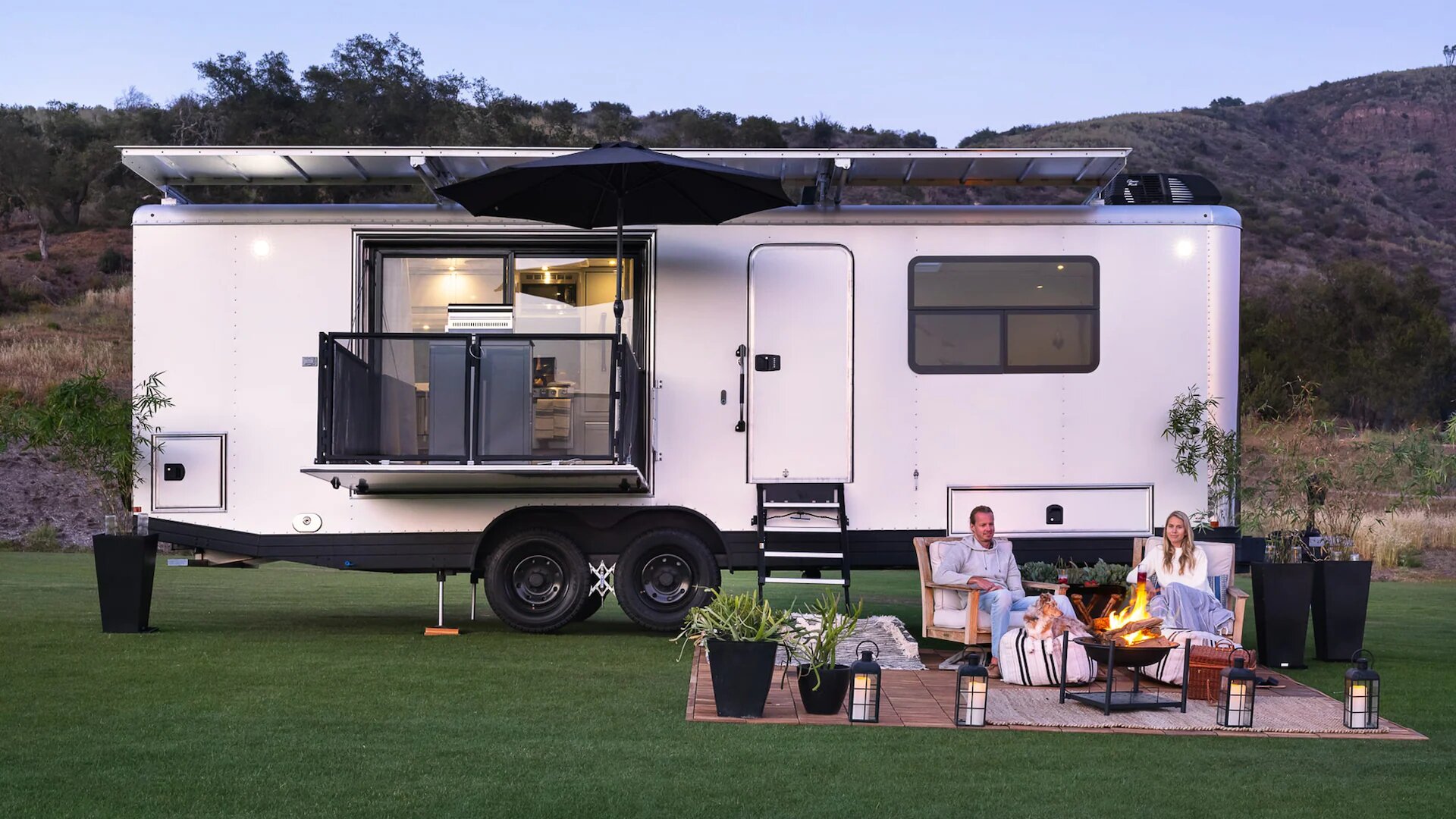
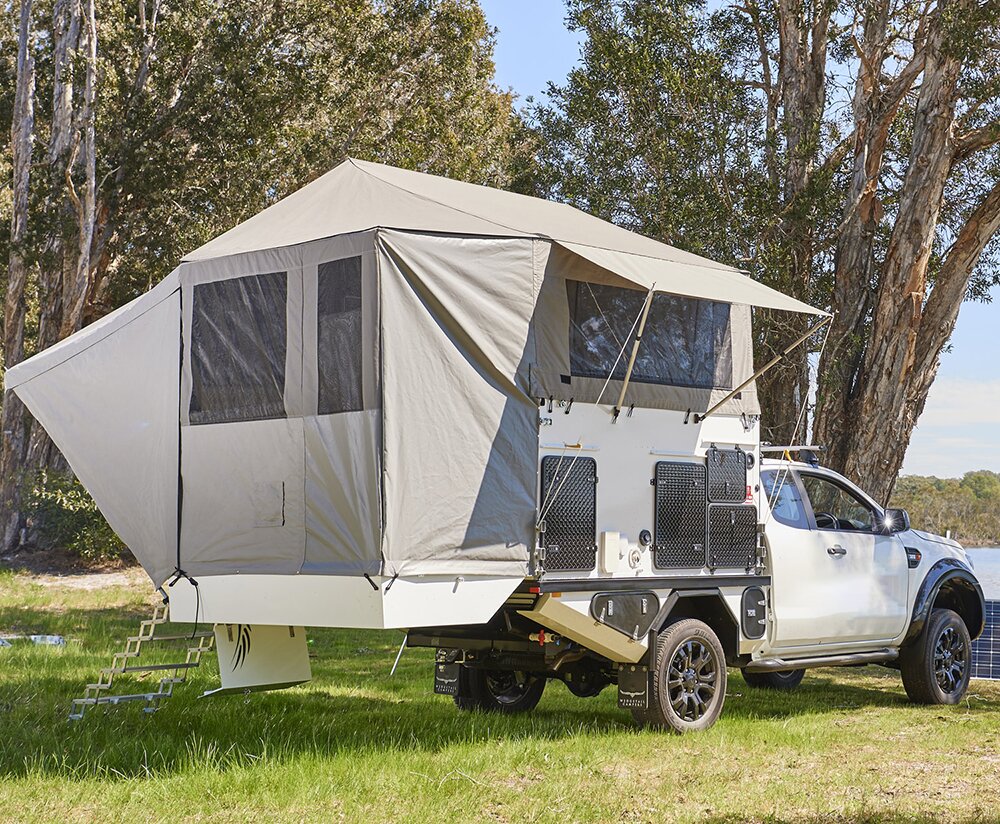
Lithium ion Camper Battery Manufacturer
Our battery packs have a 10-year warranty, can be connected in series and parallel, can be configured with Bluetooth, and can also customize special functions such as heating functions. Our lithium-ion battery products have passed UN38.3, CE, FCC, ROHS, UL certification. Batteries are well stocked and can be shipped within 3 days.
12V / 24V / 48V Camper Battery Manufacturer
Why do Campers use Lithium Batteries? Lithium Ion Camper Batteries FAQ Guide
As camping and outdoor activities have become increasingly popular, the need for reliable and efficient power sources for camper batteries has also risen. One of the most significant advancements in camper battery technology is the development of Lithium Ion batteries.
These batteries offer many advantages over traditional battery types, including increased longevity, lighter weight, and faster charge times.
Whether you are a seasoned camper or new to the world of outdoor adventures, understanding the benefits of Lithium Ion batteries can help ensure that you have a reliable power source for your next excursion.
What is Lithium Ion Camper Battery?
Lithium Ion batteries are rechargeable batteries that have become increasingly popular in recent years due to their high energy density, low self-discharge rates, and long lifespan.
These batteries comprise an anode, a cathode, and an electrolyte, with lithium ions moving between the two electrodes during charging and discharging cycles.
Compared to other battery types, Lithium Ion batteries have a higher energy density, which means they can store more energy in a smaller and lighter package.
Additionally, they have a low self-discharge rate, meaning they can hold a charge for longer and have a longer lifespan than other rechargeable batteries.
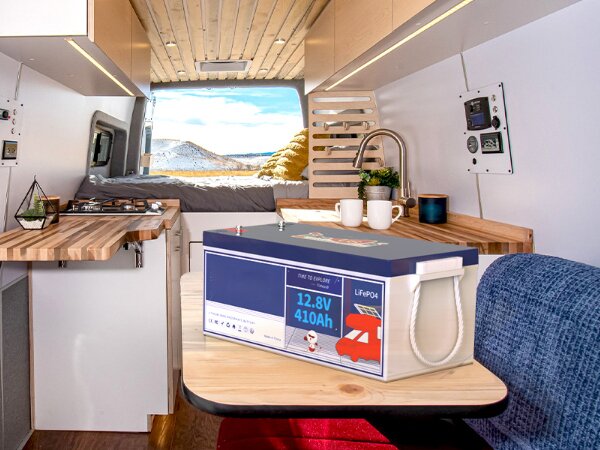
Comparison with Other Types of Batteries
Lithium Ion batteries are often compared to other rechargeable battery types, including lead-acid and nickel-cadmium (NiCad) batteries.
Compared to lead-acid batteries, Lithium Ion batteries have a higher energy density and longer lifespan while being lighter and requiring less maintenance. In contrast, lead-acid batteries are often larger and heavier and require regular maintenance to ensure optimal performance.
Compared to NiCad batteries, Lithium Ion batteries also have a higher energy density and longer lifespan while also being less prone to the memory effect, which is a phenomenon that can reduce the overall capacity of the battery over time.
Advantages of Lithium Ion Batteries
Lithium-ion batteries have become increasingly popular in recent years, powering everything from smartphones to electric vehicles. These batteries offer several advantages over other types of batteries, including:
Longevity
Lithium Ion batteries have a longer lifespan than other rechargeable battery types because of their unique chemistry. Unlike other batteries, Lithium Ion batteries have a very stable voltage and low self-discharge rate, which means they can maintain their capacity over multiple charging and discharging cycles.
They have a very high energy density, which means they can store more energy in a smaller package without losing capacity over time. This makes them ideal for camper batteries, where long-term reliability is essential.
Lightweight
Compared to other batteries, Lithium Ion batteries are significantly lighter. This is because Lithium Ion batteries use lightweight materials in their construction, such as lithium and carbon.
The low weight of Lithium Ion batteries is particularly advantageous for camper batteries, as it can help reduce the overall weight of the system, making it easier to transport and improving fuel efficiency.
Maintenance
They require very little maintenance compared to other rechargeable battery types. This is because they do not contain any liquid electrolytes that can leak or require replacement.
They do not require special charging or discharging procedures. They have a built-in protection circuit that prevents overcharging and over-discharging. This makes them ideal for camper batteries, where maintenance is often difficult or impossible.
Charge time
The batteries have a much faster charge time compared to other rechargeable battery types, such as lead-acid batteries. This is because Lithium Ion batteries have a higher charging efficiency, which means they can absorb more energy in a shorter period.
Additionally, Lithium Ion batteries do not require a full discharge before recharging, which means they can be recharged at any time without damaging the battery. This makes them ideal for camper batteries, where quick charging times are essential.
Discharge rate
They have a very low self-discharge rate, meaning they can hold their charge longer without losing capacity. This is particularly advantageous for camper batteries, where long-term storage is often required.
The battery have a very stable voltage throughout their discharge cycle, which means they can provide consistent power output over the entire discharge cycle. This feature makes them perfect for particularly high-demand applications, such as powering appliances and electronics in camper batteries.
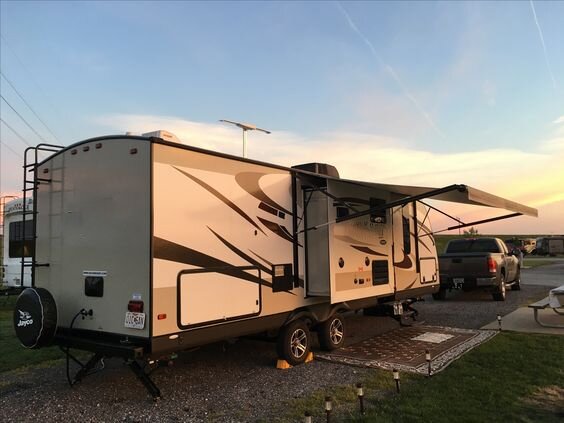
Factors to Consider When Choosing the Lithium Battery for Campers
Choosing the right lithium battery for your Camper requires careful consideration of several factors, such as capacity, voltage, weight, size, and compatibility with your existing power system.
This section will explore these key factors to help you decide when choosing a lithium battery for your camping adventures.
Battery Capacity
The capacity of a Lithium Ion Camper Battery is measured in ampere-hours (Ah). It refers to the energy stored in the battery and determines how long the battery can power your appliances and devices.
The higher the battery capacity, the longer it will last. When choosing a Lithium Ion Camper Battery, we recommend you consider your power requirements and choose a battery with a capacity that meets or exceeds them.
Physical Size
The physical size of the Lithium Ion Camper Battery is also an important factor to consider. You need to ensure that the battery fits in the designated space in your Camper and does not take up too much room. The weight of the battery should be considered if you plan to move it around frequently.
Brand Reputation
Brand reputation is another factor when choosing a Lithium Ion Camper Battery. You want to choose a battery from a reputable brand with a good record of producing high-quality and reliable products. This will ensure that you get a durable battery that can withstand the rigors of camping.
Price
The price of the Camper Battery is also an important factor to consider. Lithium Ion Batteries are generally more expensive than other types of batteries, but they also offer a longer lifespan and require less maintenance.
Choosing a battery that fits your budget while still meeting your power requirements and other needs is important.
How to Calculate Your Power Needs
To calculate your power needs for a Lithium Ion Camper Battery, determine the power requirements of the appliances and devices you plan to use in your Camper. This information can usually be found on the product label or manual.
Once you have determined the power requirements for each device, you can calculate the total power required by adding up the power requirements for all devices that will be used simultaneously. You should also factor in any inefficiencies in the system, such as energy lost during charging or conversion.
Calculating your power needs is important in choosing the right size and capacity lithium battery for your Camper. Here are the steps to follow, along with an example:
- List all the appliances and devices you will use in your Camper and their power ratings in watts. This information can usually be found on the device or in the user manual. For example, let’s say you have a fridge with a power rating of 100 watts and an LED light with a power rating of 10 watts.
- Estimate the number of hours each device will be in use per day. For example, let’s say you will be running the fridge for 8 hours per day and the LED light for 4 hours per day.
- Multiply the power rating of each device by the number of hours it will be in use per day to get the daily energy consumption in watt-hours (Wh). For example, the daily energy consumption for the fridge would be 800 Wh (100 watts x 8 hours), and the daily energy consumption for the LED light would be 40 Wh (10 watts x 4 hours).
- Add up the devices’ energy consumption to get your daily power needs in watt-hours. In our example, the total daily power needed would be 840 Wh (800 Wh + 40 Wh).
Once you know your total daily power needs in watt-hours, you can choose a lithium battery with a capacity that meets or exceeds this amount. It’s also important to factor in other power needs, such as charging electronic devices, running a fan, or using a water pump.
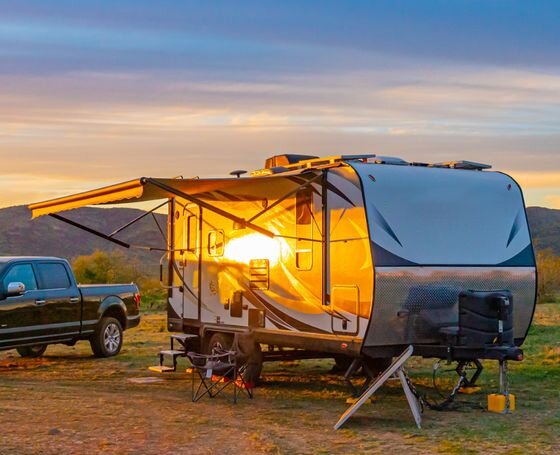
Frequently Asked Questions about Lithium Ion Camper Batteries
What is the lifespan of a Lithium Ion Battery?
The lifespan of a Lithium Ion battery is determined by various factors, such as the number of charge and discharge cycles, the depth of discharge, the temperature of operation, and the level of maintenance.
Typically, a Lithium Ion battery can last between 500 to 3000 charge and discharge cycles, depending on the quality of the battery and how well it is maintained. A properly maintained Lithium Ion battery can last up to 10 years or more, making it a cost-effective option for frequent campers.
How long does it take to charge a Lithium Ion Battery?
The charging time for a Lithium Ion battery depends on various factors, such as the size and capacity of the battery, the type of charger used, and the battery’s current charge level.
Generally, Lithium Ion batteries can be charged up to 80% of their capacity within 1 to 2 hours using a high-quality charger. However, the charging time may vary depending on the charger’s voltage and amperage and the battery’s discharge level.
It is important to note that overcharging or undercharging a Lithium Ion battery can significantly reduce its lifespan.
Can Lithium Ion Batteries be charged while driving?
Yes, Lithium Ion batteries can be charged while driving using a vehicle alternator or a solar panel. However, we recommend using a suitable charger to handle the Lithium Ion battery’s voltage and amperage requirements. Additionally, ensure that the charging process does not overcharge or undercharge the battery, which can lead to a reduced lifespan.
How many Lithium Ion Batteries do I need for my Camper?
The number of Lithium Ion batteries needed for a camper depends on various factors, such as the power requirements of the equipment and appliances being used, the duration of the camping trip, and the availability of charging sources.
Generally, it is recommended to calculate the total power consumption of the equipment and appliances being used and choose a battery with a capacity that can handle the total power requirements for the desired duration of the camping trip. It is also important to consider the weight and space limitations of the Camper.
Are Lithium Ion Batteries safe?
Lithium Ion batteries are generally safe when used and maintained properly. However, there are some safety considerations to remember, such as avoiding overcharging or undercharging, avoiding exposure to extreme temperatures, avoiding physical damage or punctures, and avoiding mixing batteries with different chemistries.
Any damaged or defective batteries should be disposed of safely and responsibly. Additionally, Lithium Ion batteries should be stored and transported safely and securely.

About Towsonbattery
Towsonbattery has a team of professional and experienced technical experts and first-class product designers. We strictly implement the ISO 9001:2008 quality system and IS014001 environmental management system, and sell high-quality products to the world.
 Towson Battery
Towson Battery
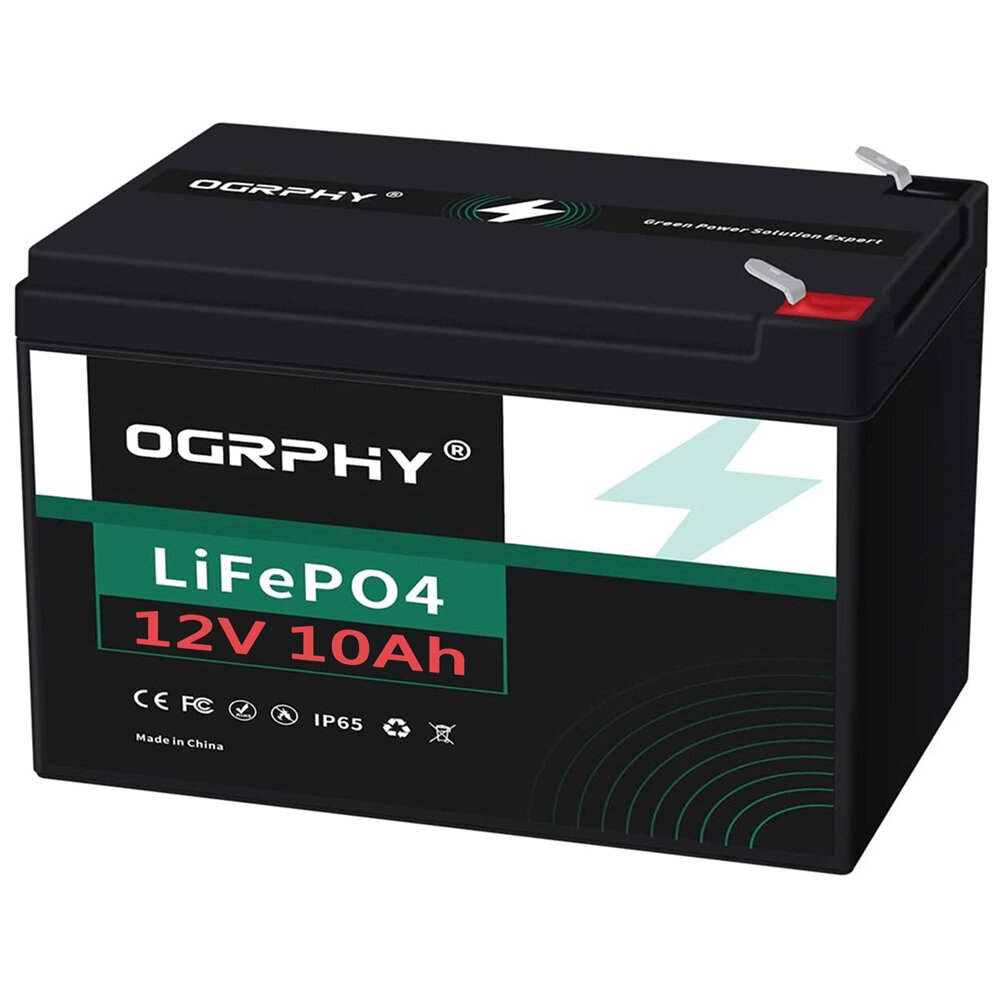

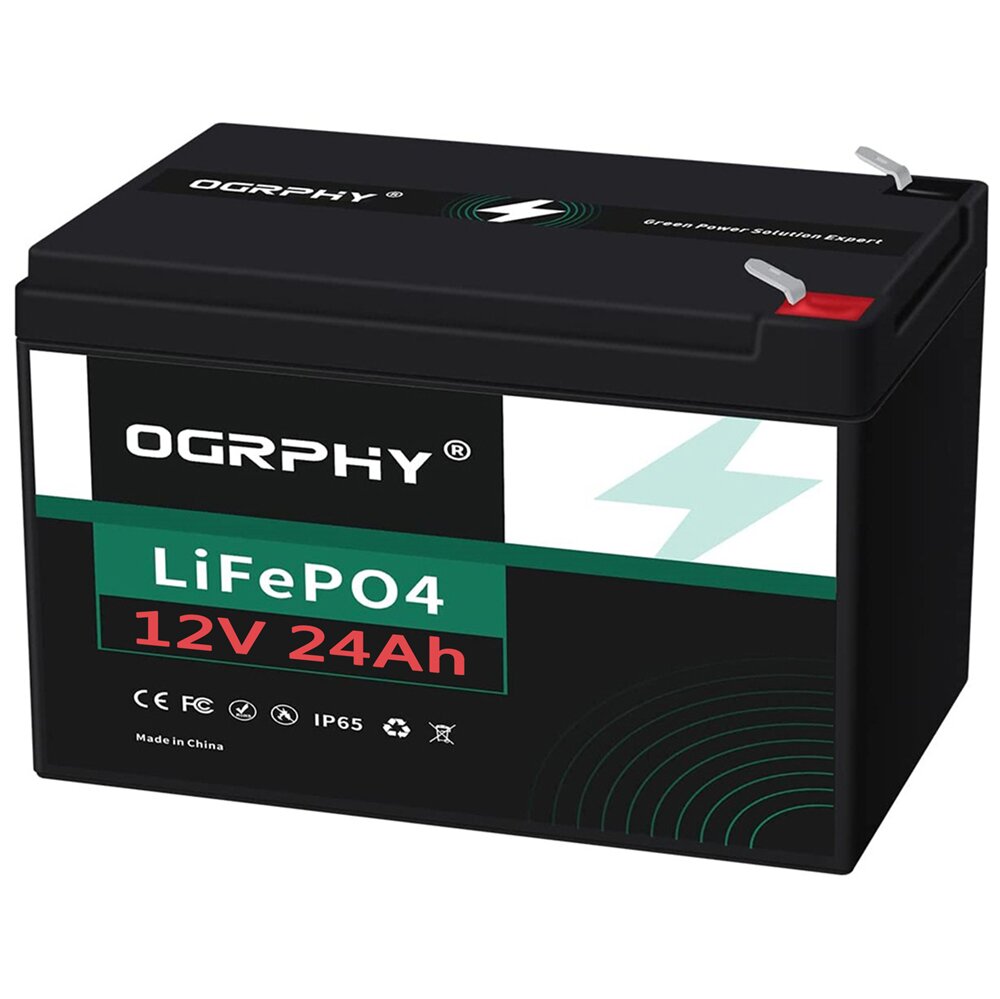
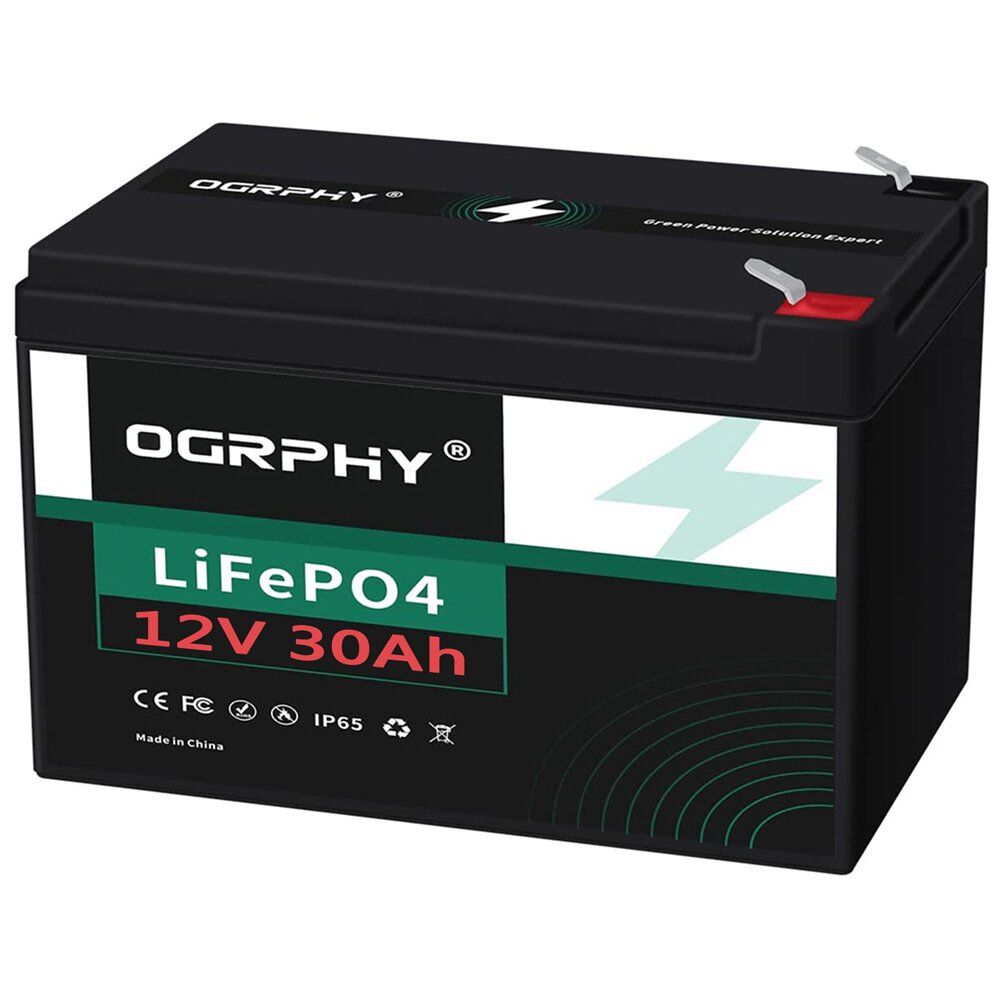
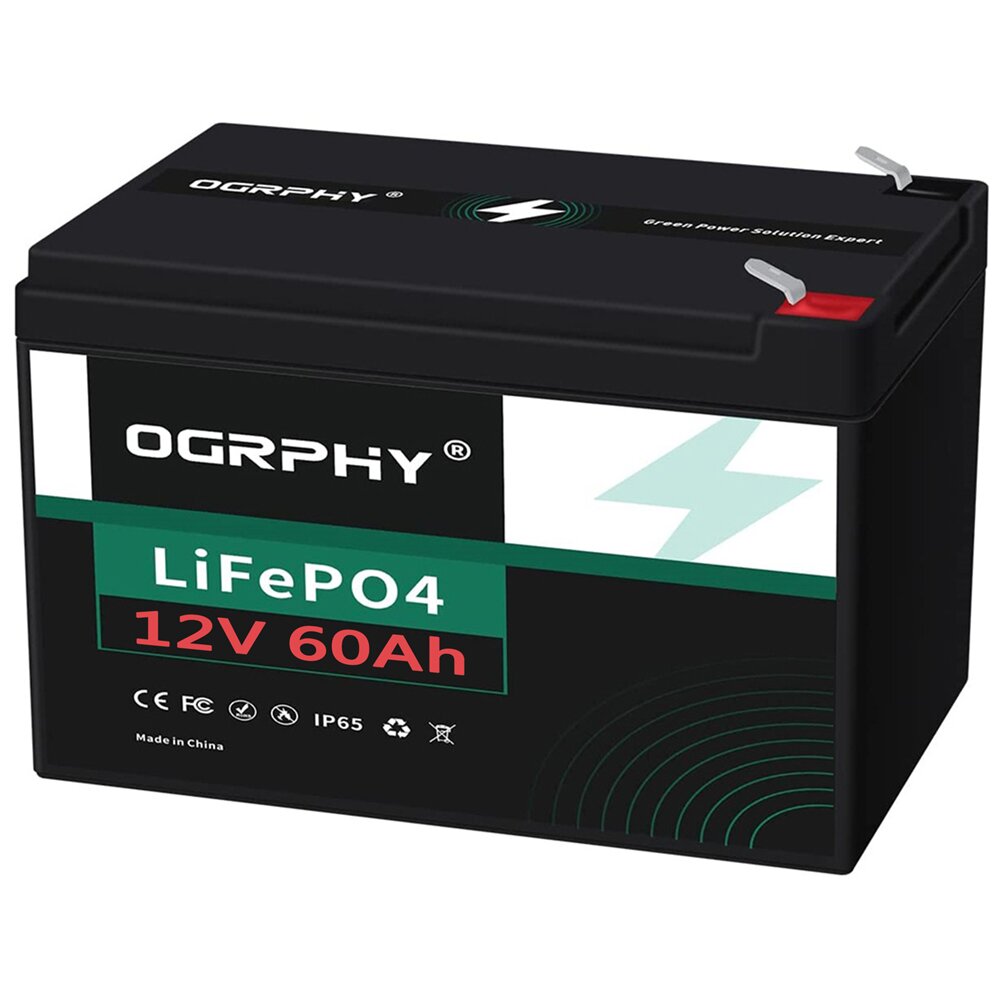


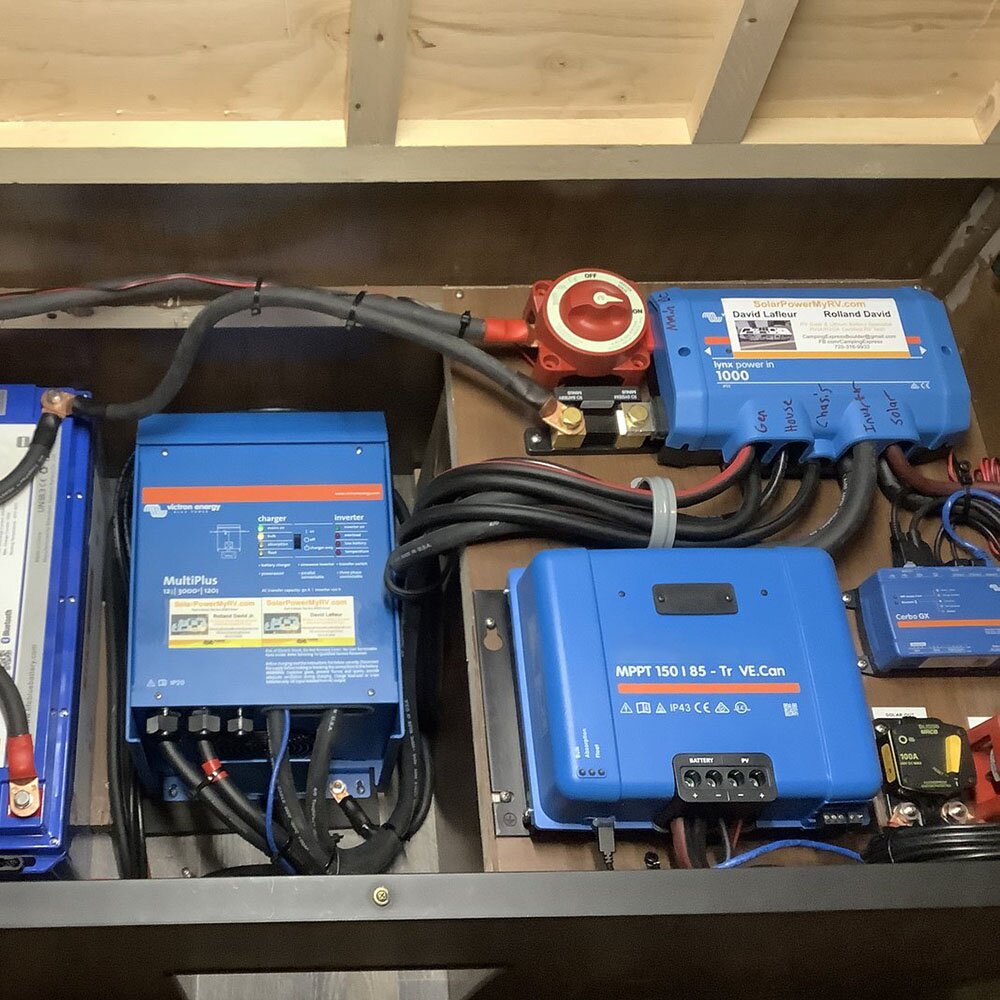

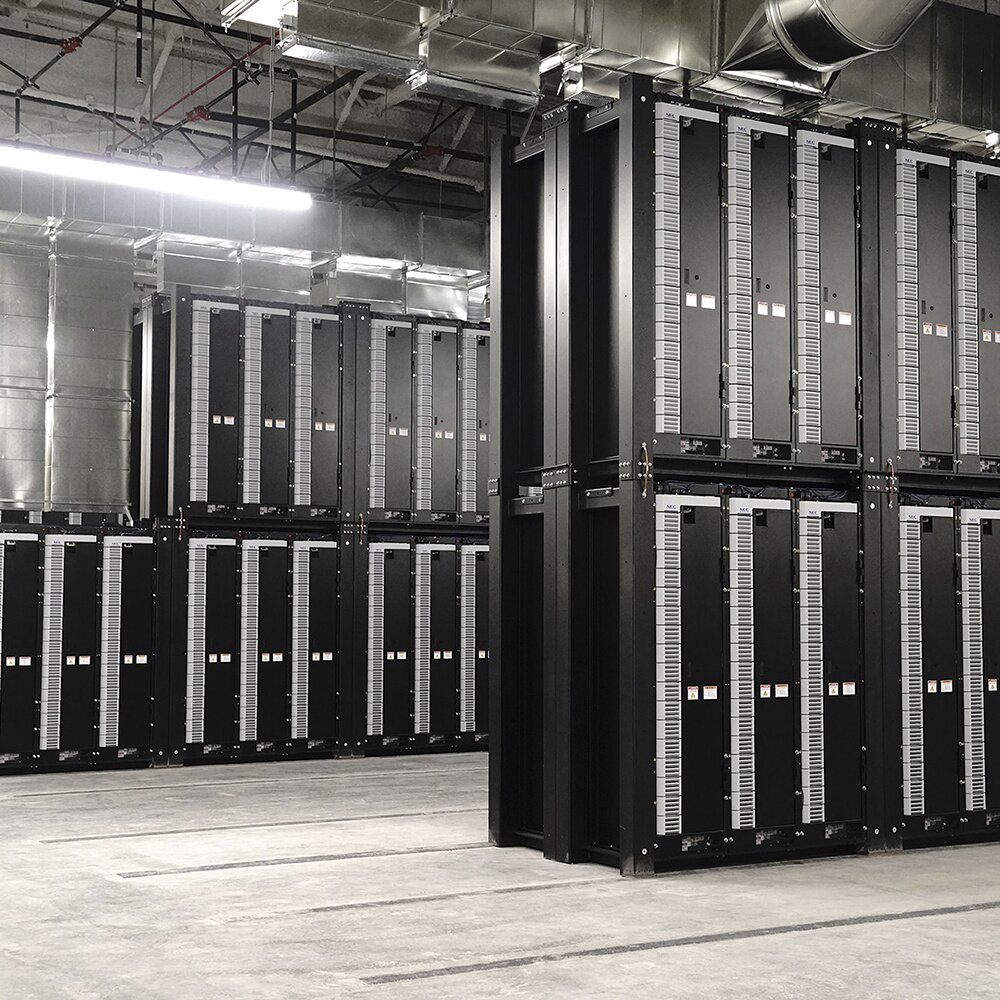

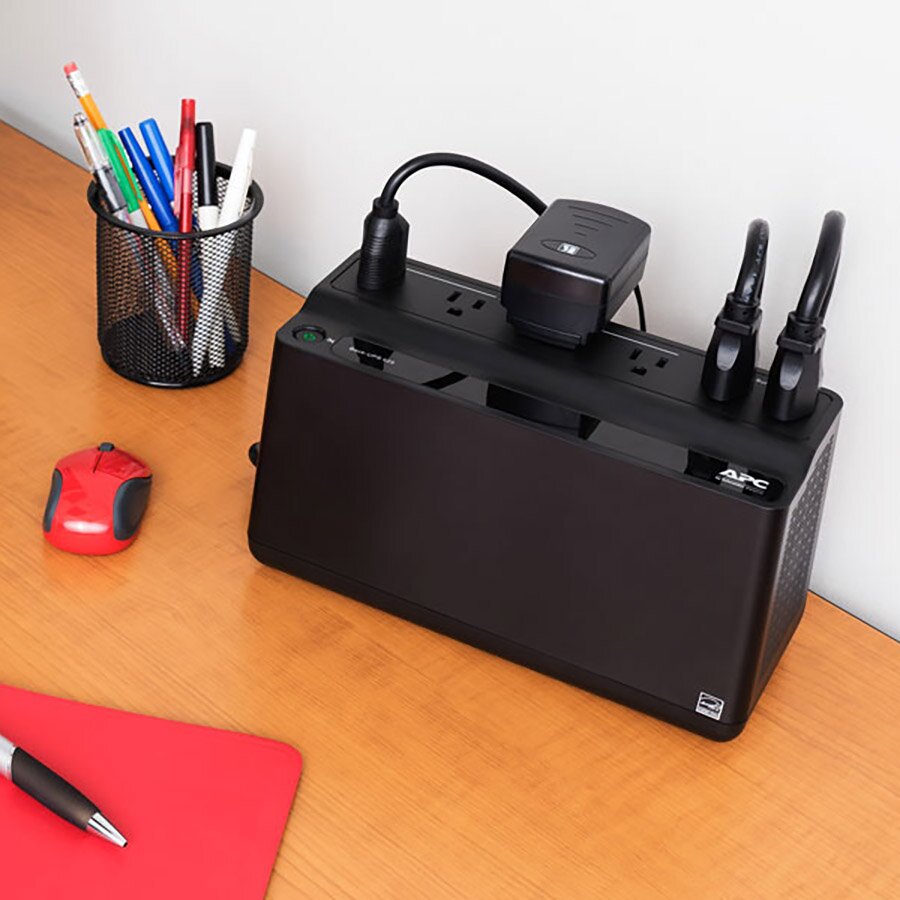
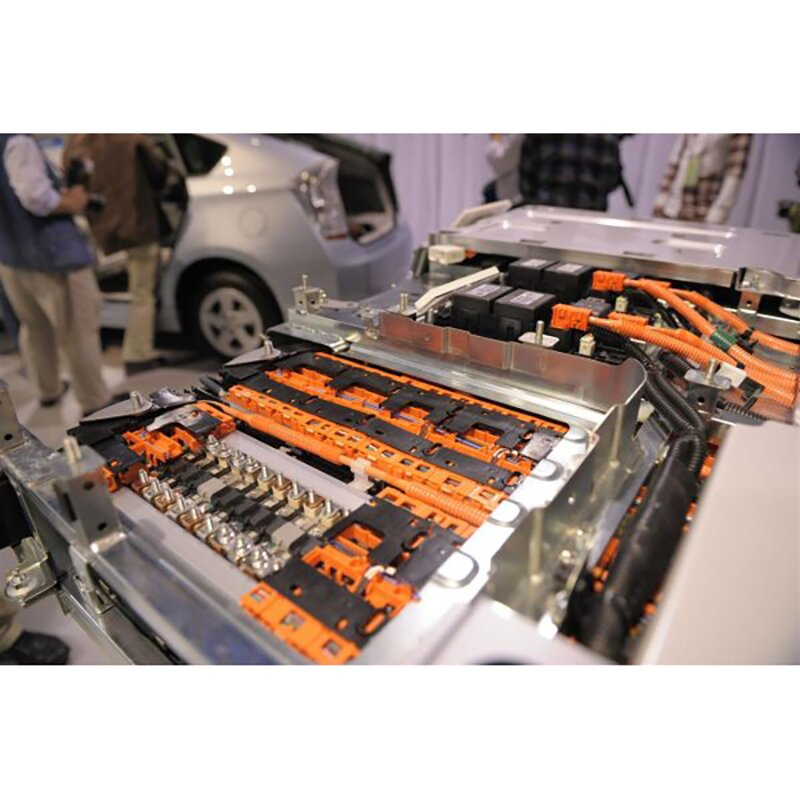
Submit for consultation
We will reply to you within 24 hours